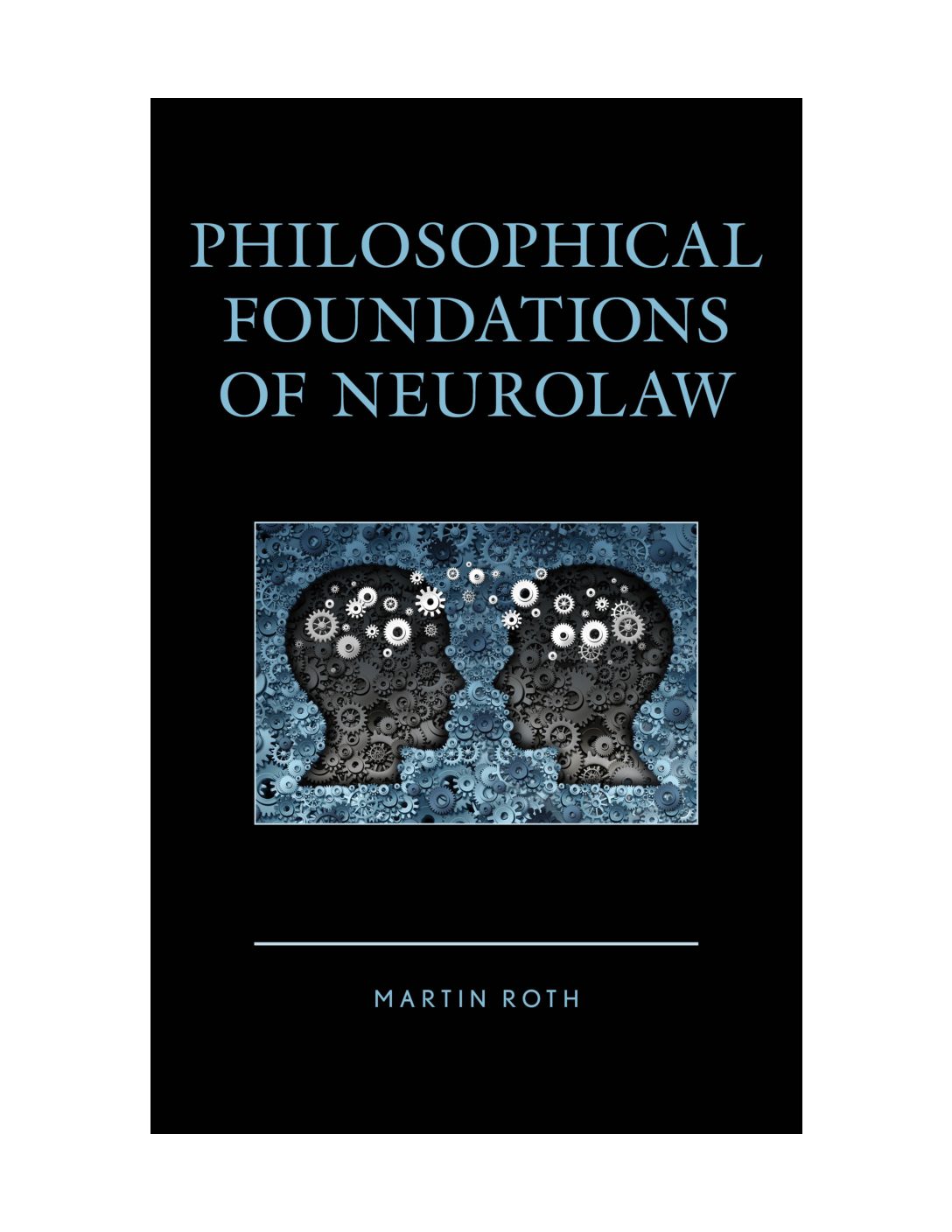Neural Mechanisms Online
We are very pleased to announce the beginning of Neural Mechanisms Online, i.e. the first international cycle of webinars (=online seminars) on the Philosophy of Neuroscience! The webinars will be held from January to July 2018, every two weeks (see the calendar below). They will deal with hot topics of …



